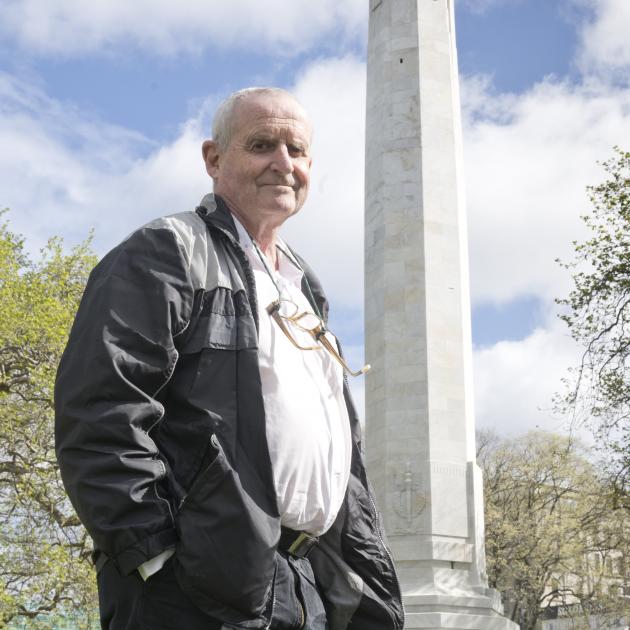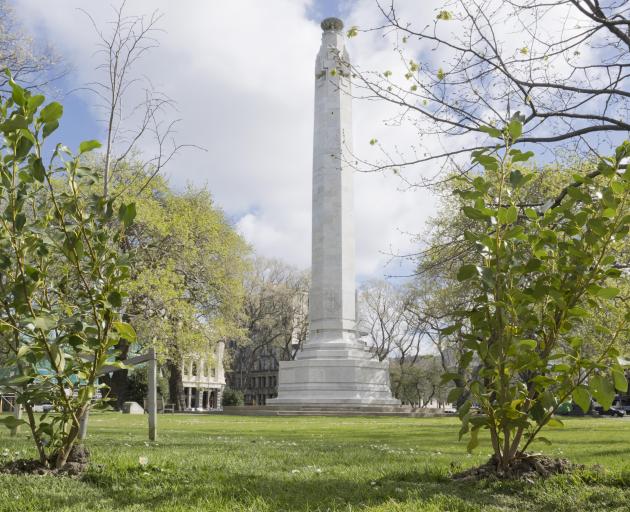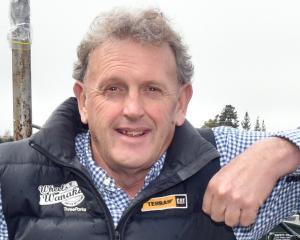
Steve Macknight planted the broadleaf natives along one side of Queens Gardens two weeks ago, without approval from the Dunedin City Council or the RSA.
He told the Otago Daily Times last week he had not intended to upset anyone. Rather, the plants were meant to be a small, positive change to screen the area, including the cenotaph, from busy traffic.
Mr Macknight said that at a meeting with the council and RSA last week, he was asked to remove the plants.
When he planted the shrubs, he said he hoped they would "gain general approval" and prompt a discussion about permanent improvements to the gardens.
Mr Macknight said the majority of park users felt the plantings were an improvement and it was unfortunate the RSA disagreed.
"This really important inner city park ... is enjoyed by many in various ways every day of the year, but I think it can be so much more that the traffic filled fish bowl that it is now."
At the meeting, future opportunities for Mr Macknight and the RSA to work together to enhance the area were discussed.

"[A cenotaph] is an empty grave. It signifies people that have not been able to return and it’s a hallowed ground," Mr Barlin said.
"As such, any barrier between the cenotaph and the outside is not a good idea — by leaving it open, what you’re doing is including everybody.
"Anybody can walk in from any angle and sit there and just reflect."
Mr Barlin said the process had been amicable and he was pleased to be getting on with "producing something that will benefit the city of Dunedin in years to come".
RSA Otago-Southland district president Lox Kellas said a couple of people had contacted him upset about the plantings, but the meeting produced a good result.
Council climate and city growth general manager Scott MacLean said the council was eager to work with Mr Macknight to explore other planting options "at more suitable locations" in future.












